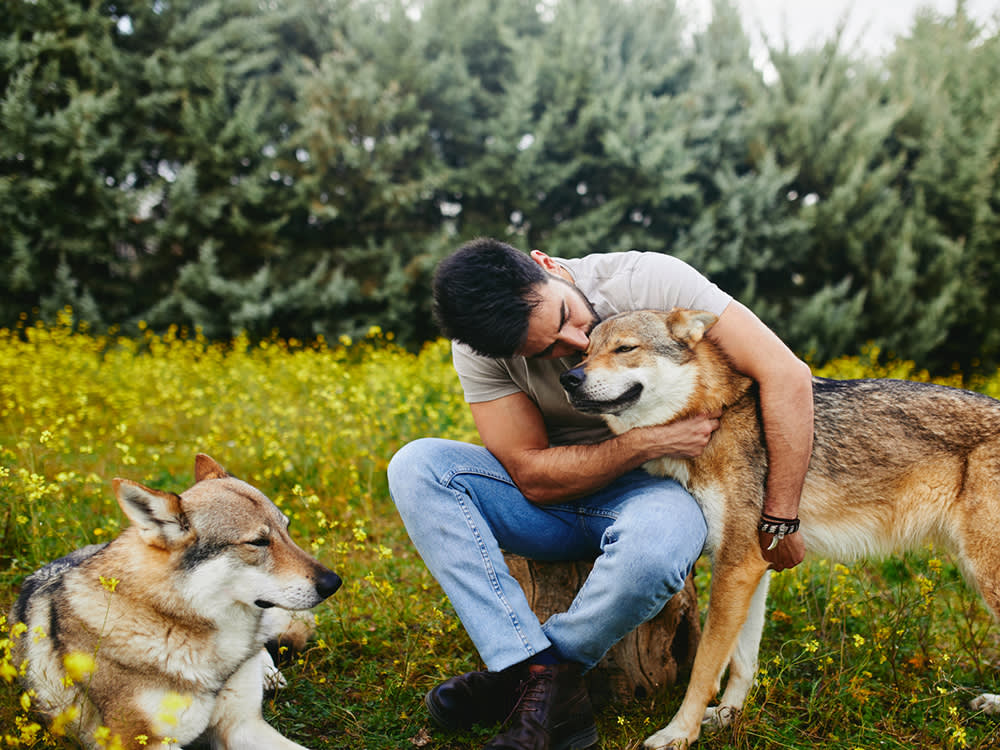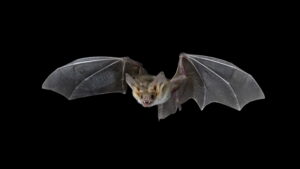Are dogs smarter than wolves?

The comparison between dogs and wolves regarding intelligence has sparked considerable interest and debate among scientists, animal behaviorists, and dog enthusiasts. Dogs, domesticated descendants of wolves, share a common ancestry and exhibit diverse behaviors and cognitive abilities. Exploring whether dogs surpass their wild ancestors in intelligence requires an understanding of their evolutionary and environmental influences.
From wolf to dog
The evolutionary journey of dogs and wolves intertwines, spanning thousands of years and involving a complex interplay of natural selection, human influence, and environmental factors. The common ancestry shared between the two species is marked by an intriguing divergence that has shaped their cognitive abilities and behaviors.
Common Ancestry and Divergence
Genetic studies have confirmed that dogs (Canis lupus familiaris) trace their lineage to wolves (Canis lupus) and likely share a common ancestor with ancient wolves. The domestication process began around 15,000-40,000 years ago, evolving from a mutually beneficial relationship between humans and wolves. Early humans likely attracted wolves with food scraps, eventually leading to tamer and more social wolves that became early dogs.
Domestication’s Influence on Intelligence
The domestication of dogs and their subsequent breeding for specific traits by humans have profoundly influenced their cognitive abilities. This selective breeding, occurring over generations, has led to the development of various dog breeds with distinctive physical and behavioral characteristics, including differences in intelligence and problem-solving skills.
Through domestication, dogs have adapted to live alongside humans, resulting in behavioral traits that facilitate interaction, cooperation, and communication. Their intelligence is often characterized by the ability to interpret human gestures, form social bonds, and perform tasks aligned with human needs.
Wolves in the Wild
In contrast, wolves remained wild and have retained many of the cognitive traits necessary for survival in their natural environments. Their intelligence is attuned to life in the wilderness, encompassing hunting strategies, problem-solving in rugged landscapes, and social cooperation within their packs.
Wolves demonstrate complex social structures, relying on collaborative efforts within their packs for survival, which includes hunting, raising offspring, and defending territories. Their problem-solving skills are honed for the challenges of the wild, emphasizing adaptability and resourcefulness in natural settings.
Differential Selection Pressures
The evolution of wolves and dogs under distinct selection pressures has influenced their cognitive abilities differently. While dogs have evolved to adapt to human-centric tasks and social interaction, wolves have developed skills essential for their roles in the wild, shaped by the demands of their ecological niche.
This evolutionary divergence, driven by distinct environmental and selective pressures, has contributed to the variation in the cognitive abilities and behaviors of dogs and wolves, with each species demonstrating distinct strengths tailored to their respective habitats and lifestyles.
Intelligence differences in wolves and dogs
The comparison between the cognitive abilities of dogs and wolves is an area of scientific interest that delves into their problem-solving skills, social cognition, and communicative abilities. Studies exploring these aspects aim to uncover the differences and similarities in intelligence between these closely related species.
Social Cognition: Dogs
The social cognition of dogs has been a focal point in numerous studies due to their close association with humans. Dogs have exhibited an exceptional capacity to understand human cues, gestures, and emotional expressions. They possess an ability to interpret human communication and respond to various cues, such as pointing and eye contact, which indicates a high level of social intelligence.
Several experiments have showcased the remarkable social skills of dogs. For instance, dogs can follow human pointing gestures to find hidden food, a capability that wild wolves may not possess to the same extent. Additionally, dogs can recognize and respond to human emotions, displaying empathy and social sensitivity, which is a trait linked to their domestication history and close bonds with humans.
Social Cognition: Wolves
Wolves, by contrast, exhibit a different social cognition primarily centered within their pack dynamics. Their social intelligence revolves around cooperation within their familial units to hunt, communicate, and maintain the cohesion of the pack. They possess a keen understanding of body language, vocalizations, and social hierarchies within their own species.
While wolves display strong social bonds and communication skills within their packs, their interaction with humans, especially in terms of understanding human cues or gestures, appears less developed compared to dogs. Their survival in the wild relies more on their skills within their own social groups and their environment.
Problem-Solving Skills: Dogs and Wolves
Wolves, as wild and adaptable animals, showcase problem-solving skills that are honed for their survival in natural environments. They navigate diverse landscapes, hunt cooperatively, and strategize to tackle challenges that emerge in the wild. Their cognitive abilities are shaped by the demands of their natural habitat, emphasizing their skills in hunting, survival, and territorial strategies.
Dogs, shaped by selective breeding and often bred for specific tasks or companionship, display variable problem-solving skills. Their abilities range widely across breeds, where some breeds excel in problem-solving tasks related to their specific roles. For example, herding dogs exhibit remarkable intelligence in herding behaviors, while working breeds may excel in tasks involving retrieval or guarding.
The Role of Domestication and Genetics
The differences in intelligence between dogs and wolves stem from the effects of domestication. Selective breeding has led to a wide range of physical and behavioral traits in dogs, affecting their cognitive abilities. Breed differences, genetics, and individual experiences all influence the cognitive skills of dogs.
Wolves, with their survival-oriented intelligence, have evolved to excel in their natural habitats. Their problem-solving abilities are honed for hunting, navigating diverse terrains, and adapting to changing environmental challenges.
Dogs, bred for specific tasks or companionship, have a wider variation in cognitive abilities. The diversity in breed-specific intelligence reflects the traits that have been selectively bred over generations.
The question of whether dogs are smarter than wolves is nuanced: intelligence and cognitive abilities of each species are shaped by different evolutionary paths, environmental adaptations, and specific cognitive demands.
While dogs exhibit remarkable social cognition and cooperative skills tailored to their relationship with humans, wolves showcase problem-solving abilities vital for survival in the wild. The comparison between the two necessitates a comprehensive understanding of their distinct cognitive adaptations and behavioral capabilities.
The effects of domestication and ontogeny on cognition in dogs and wolves
Cooperative Communication with Humans Evolved to Emerge Early in Domestic Dogs











Keep up the incredible work! I can’t wait to see what you write next.
Thanks a lot!
Hi there to all, for the reason that I am genuinely keen of reading this website’s post to be updated on a regular basis. It carries pleasant stuff.
I appreciate you sharing this blog post. Thanks Again. Cool.
This is really interesting, You’re a very skilled blogger. I’ve joined your feed and look forward to seeking more of your magnificent post. Also, I’ve shared your site in my social networks!
I very delighted to find this internet site on bing, just what I was searching for as well saved to fav